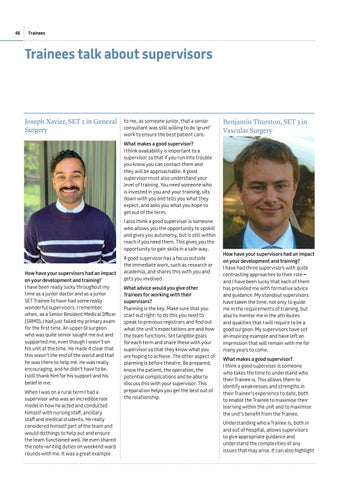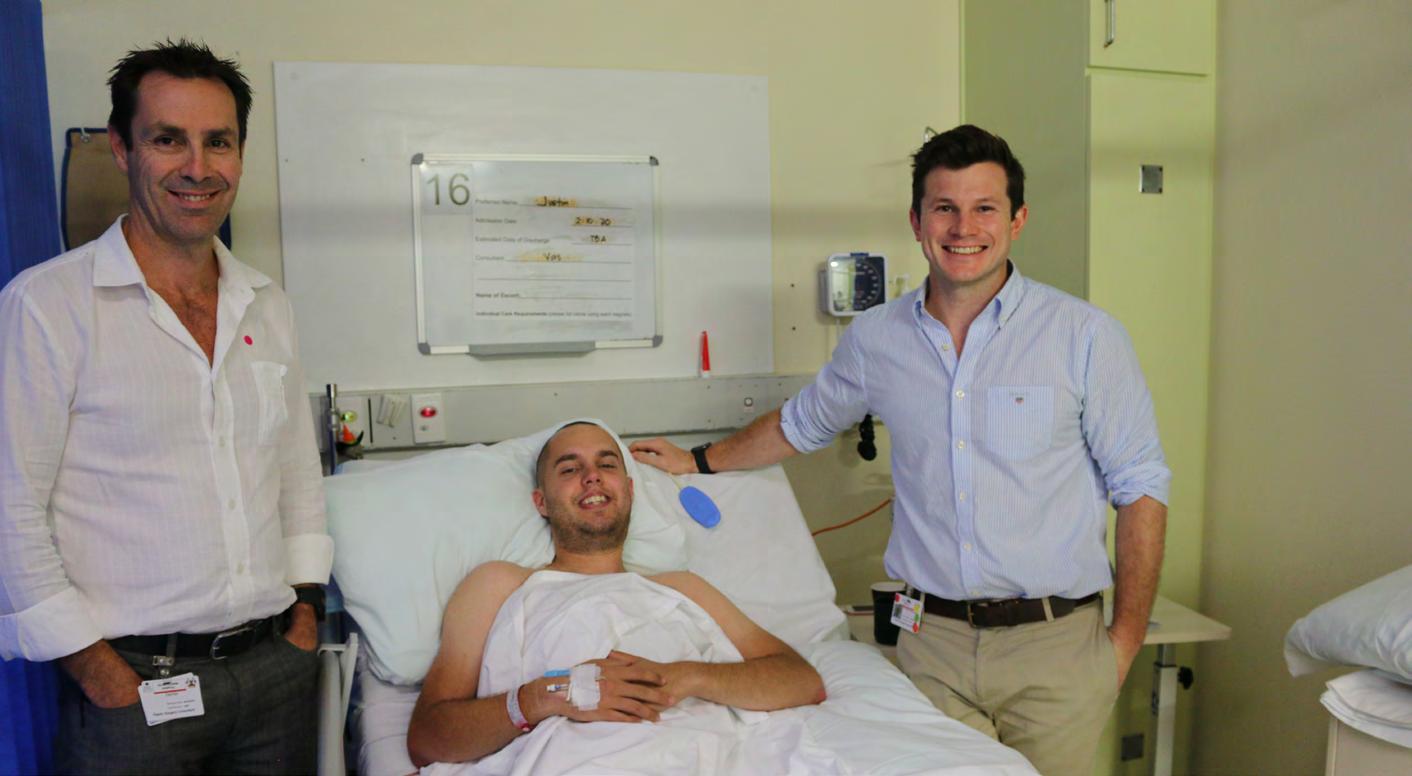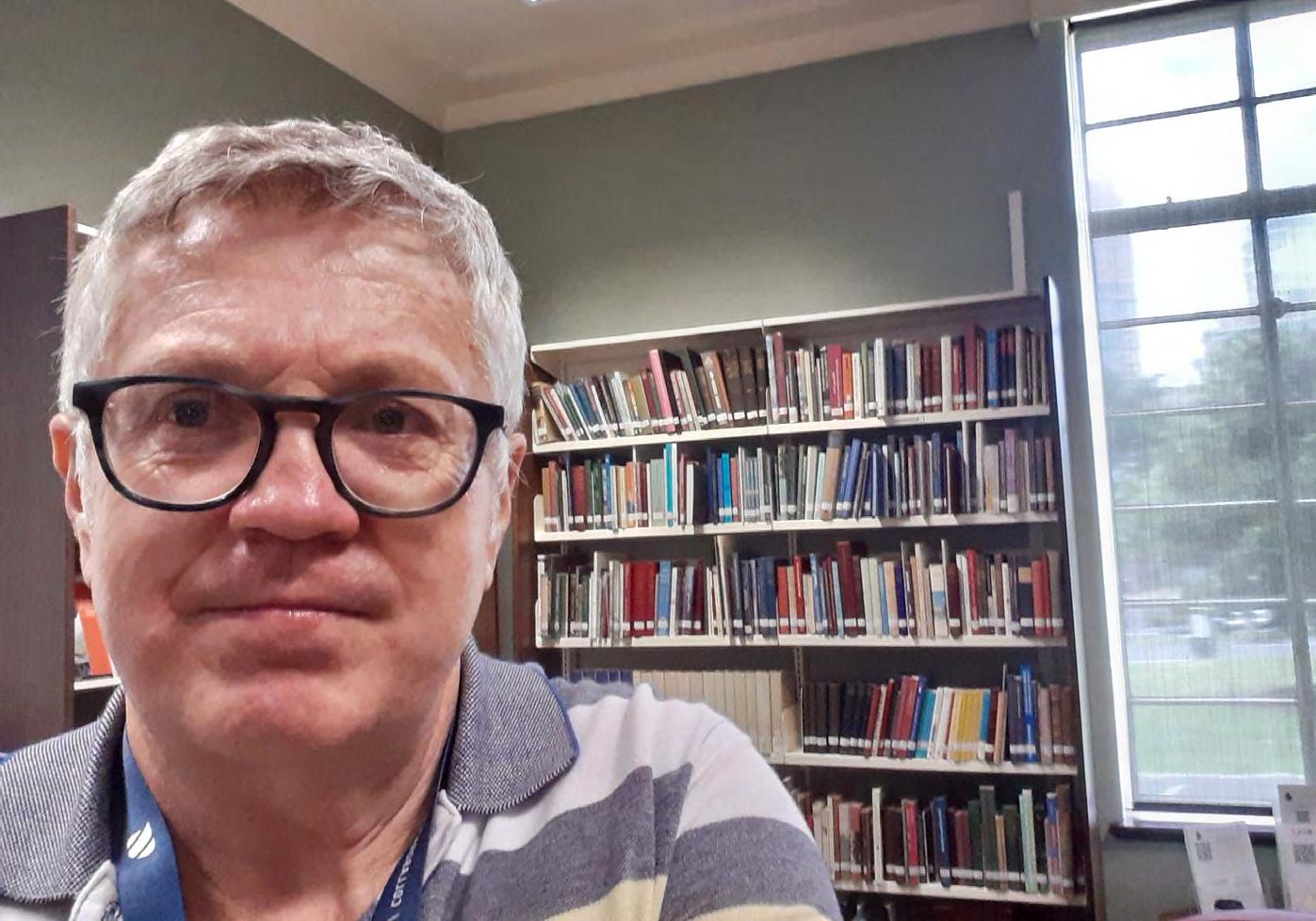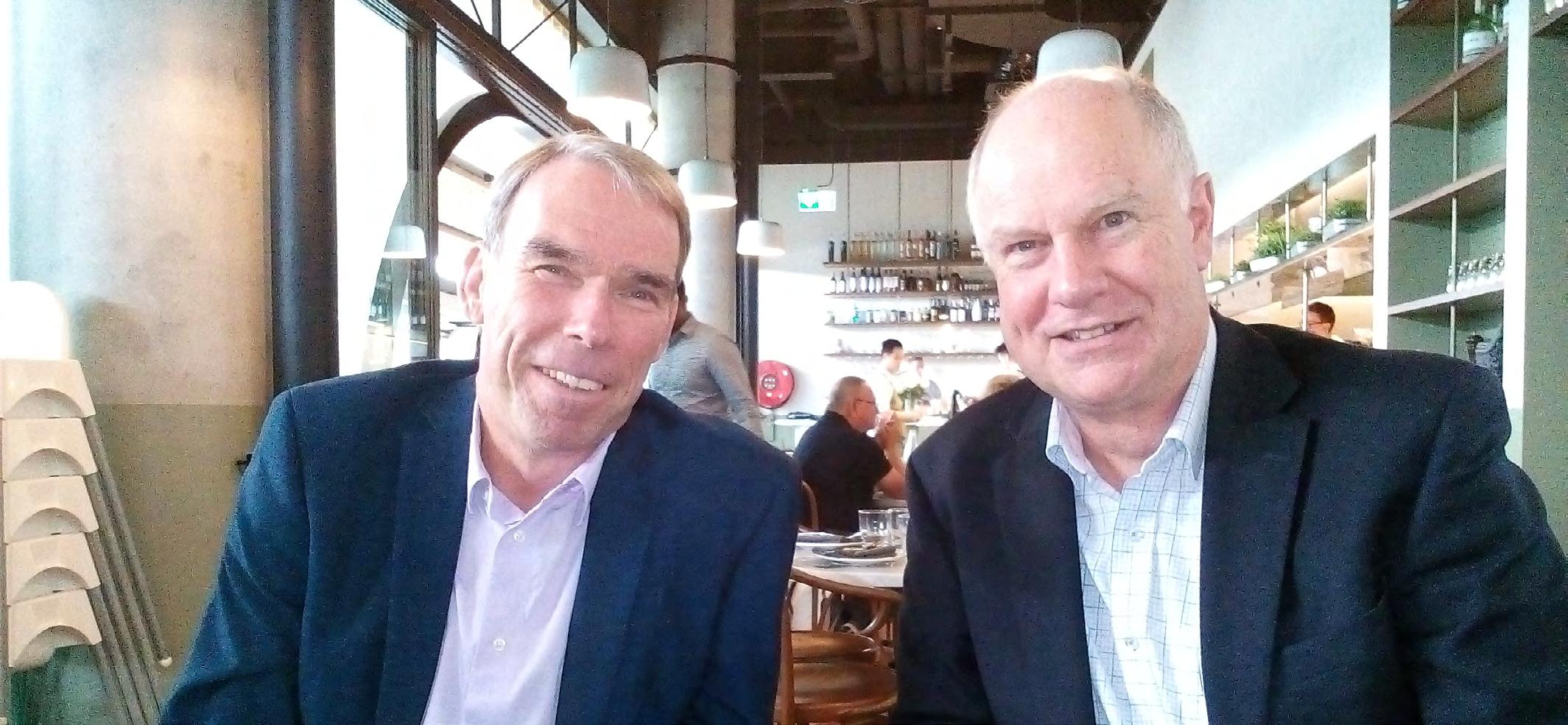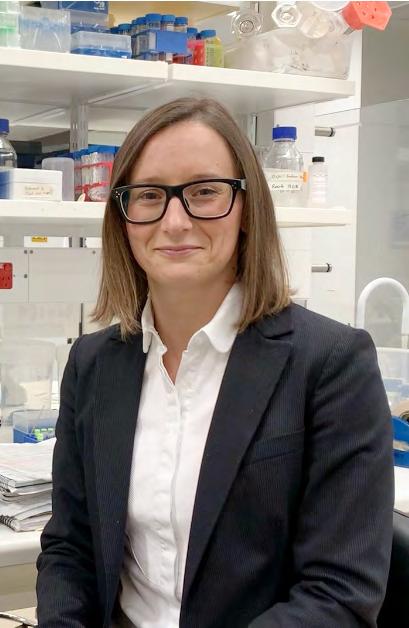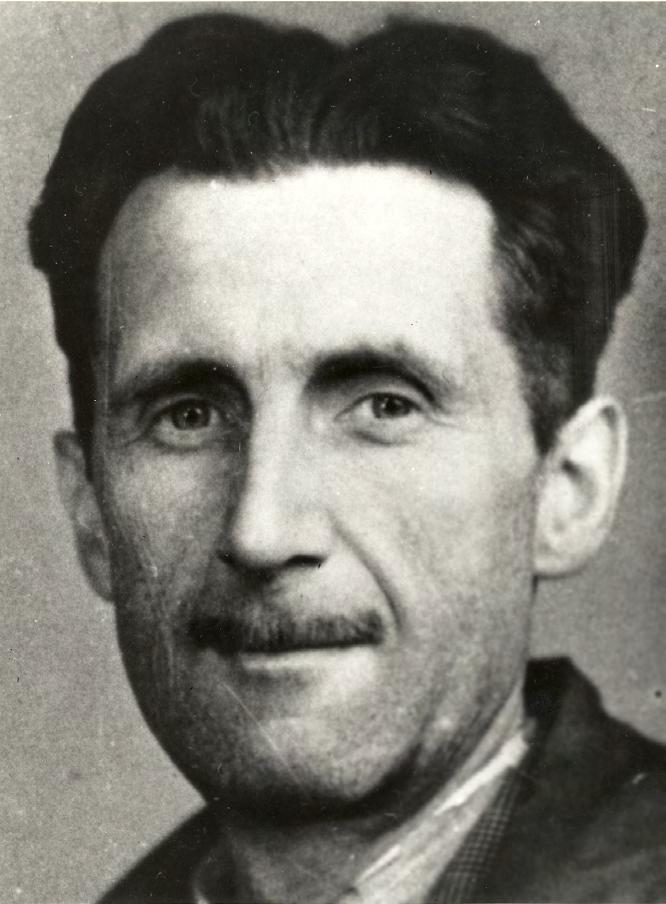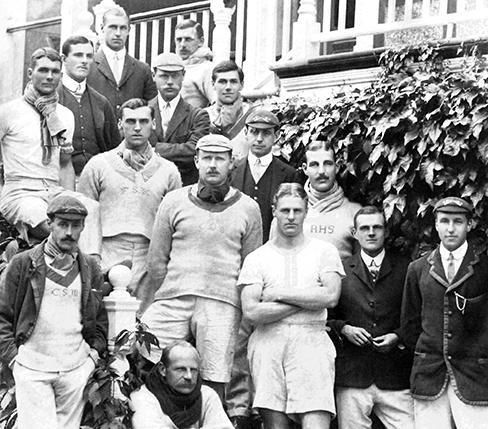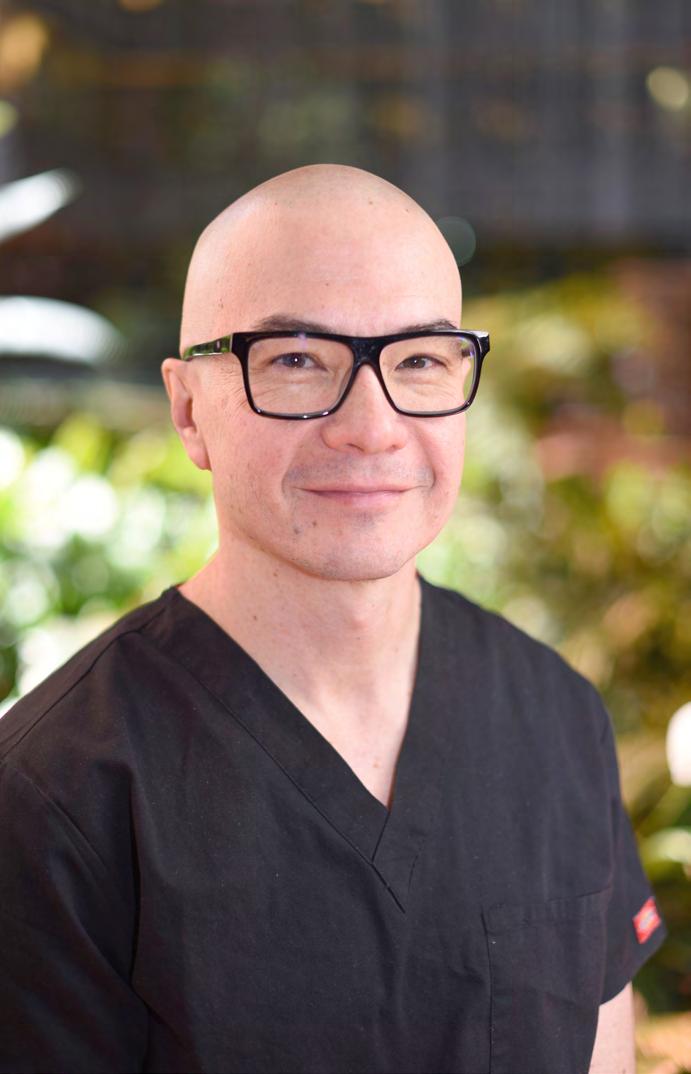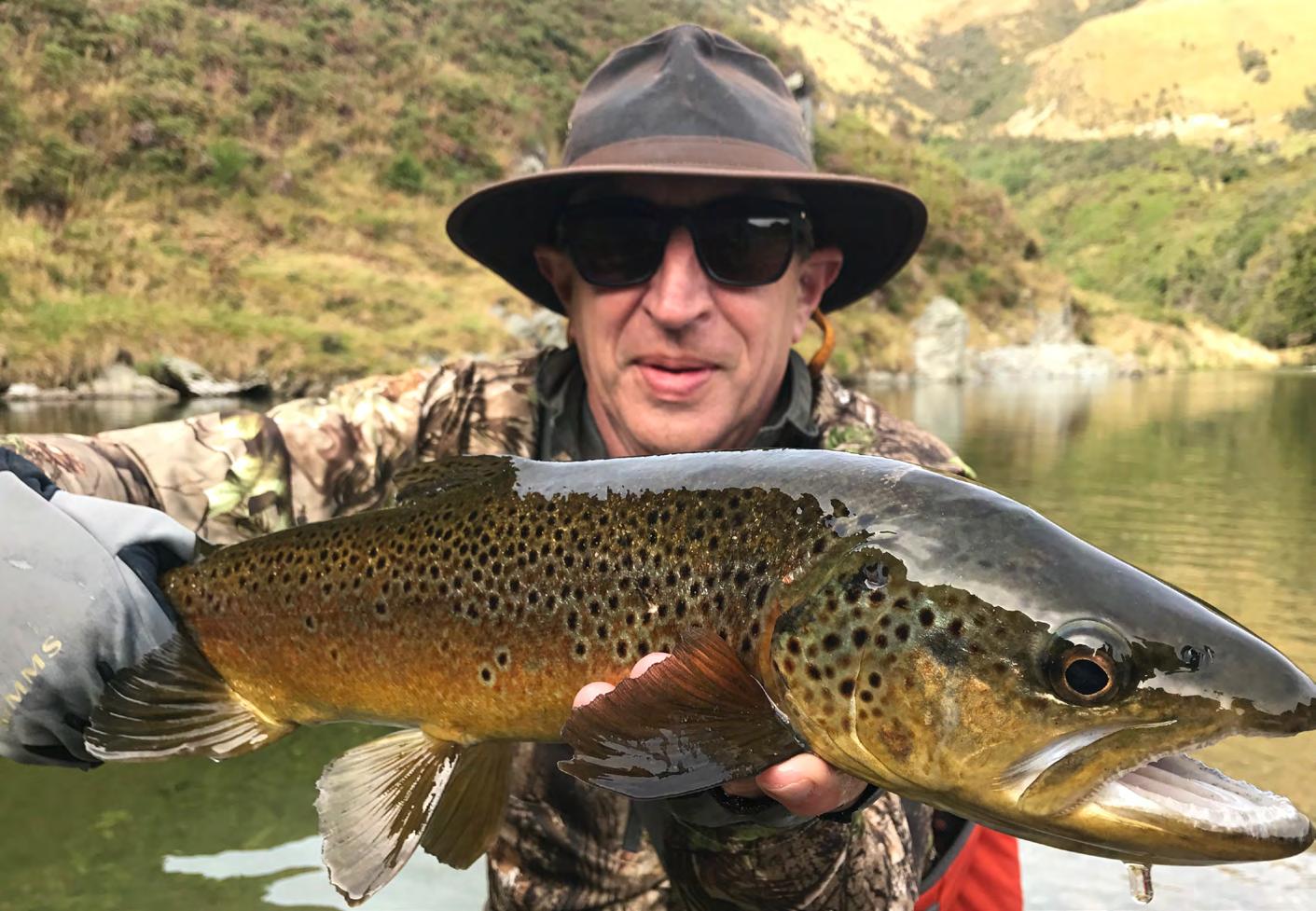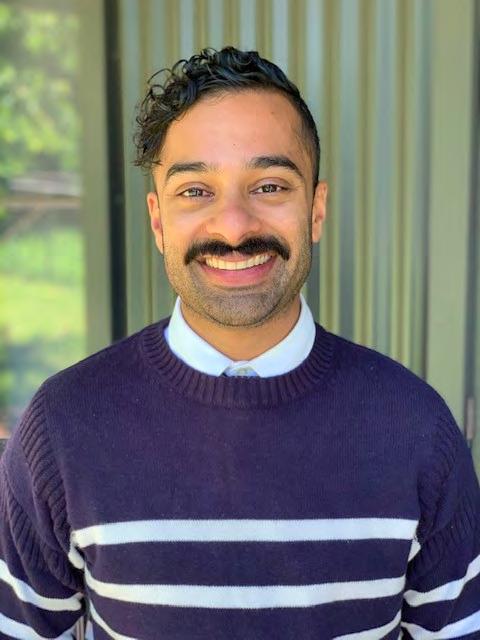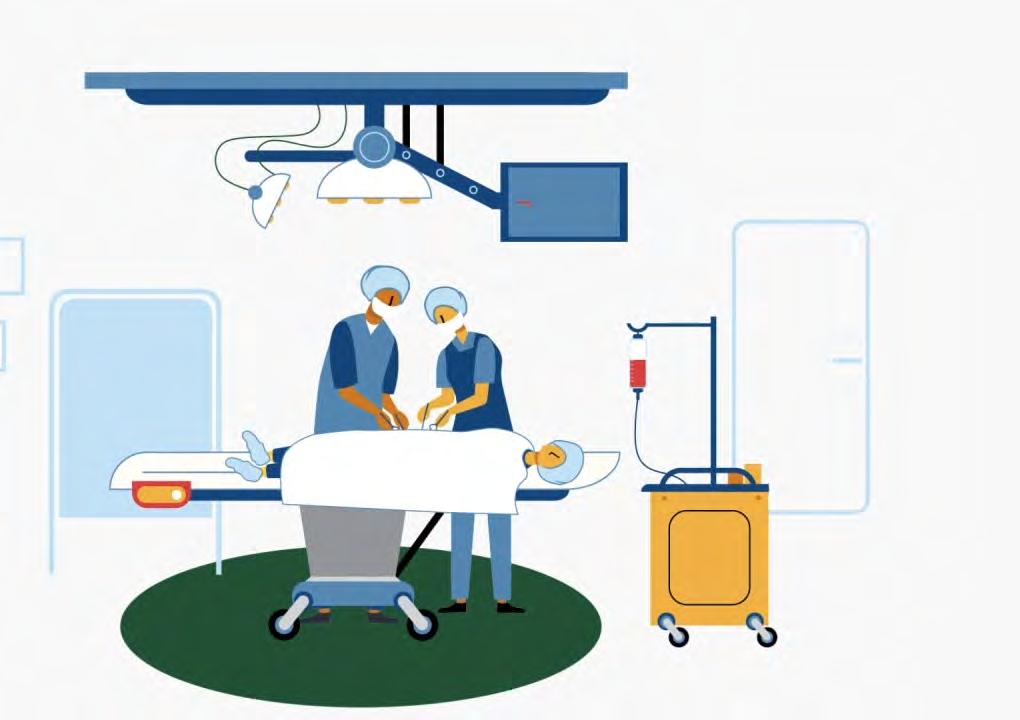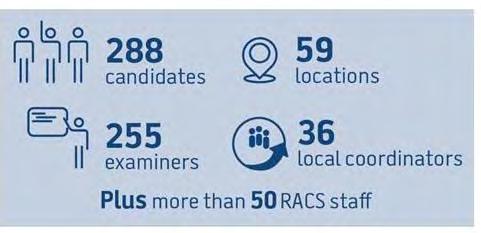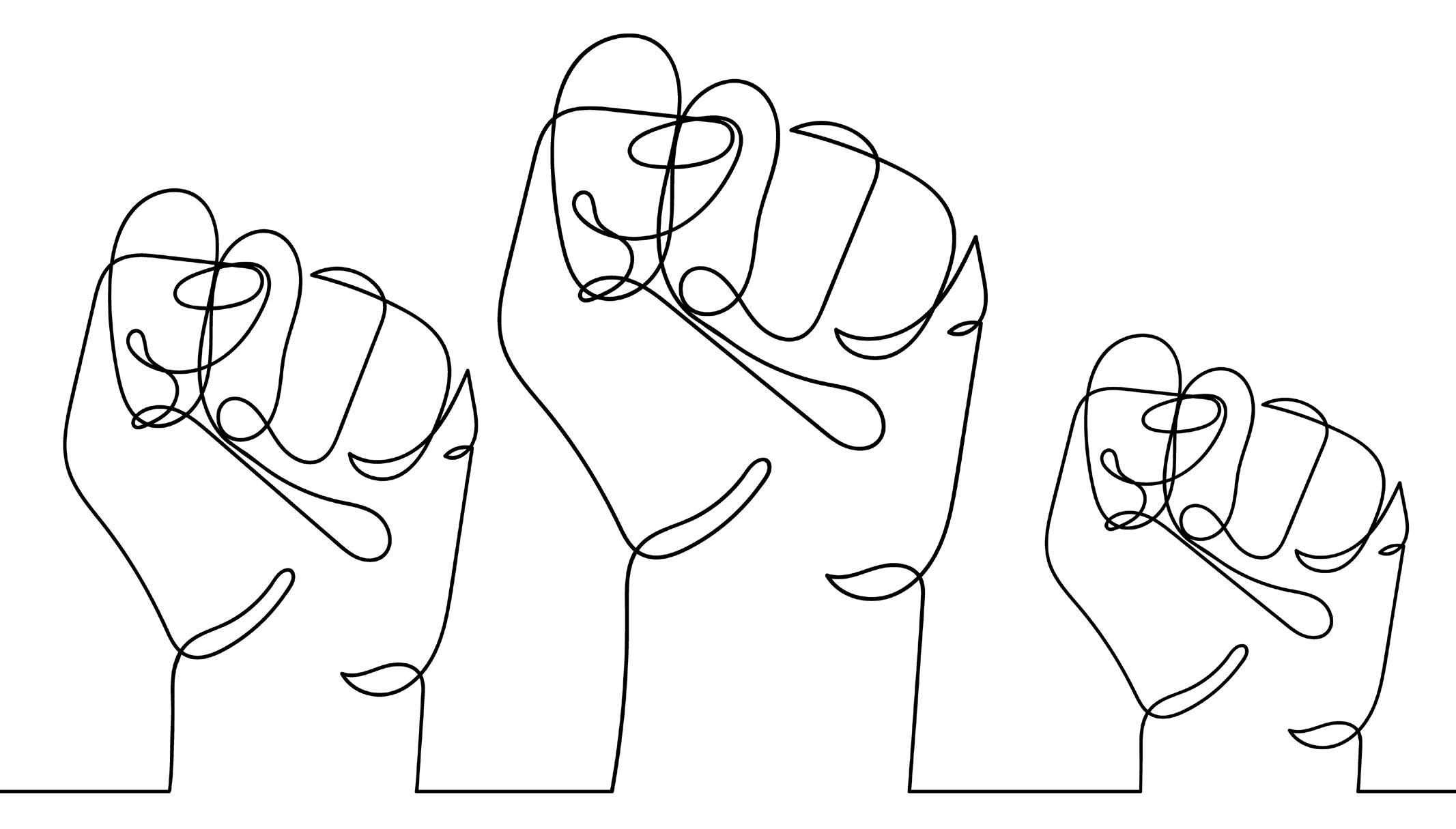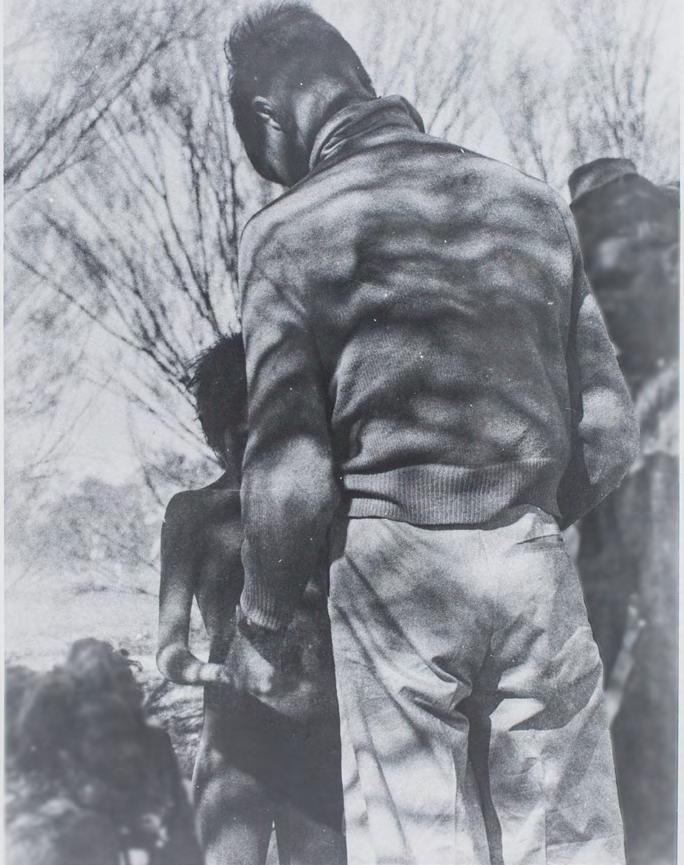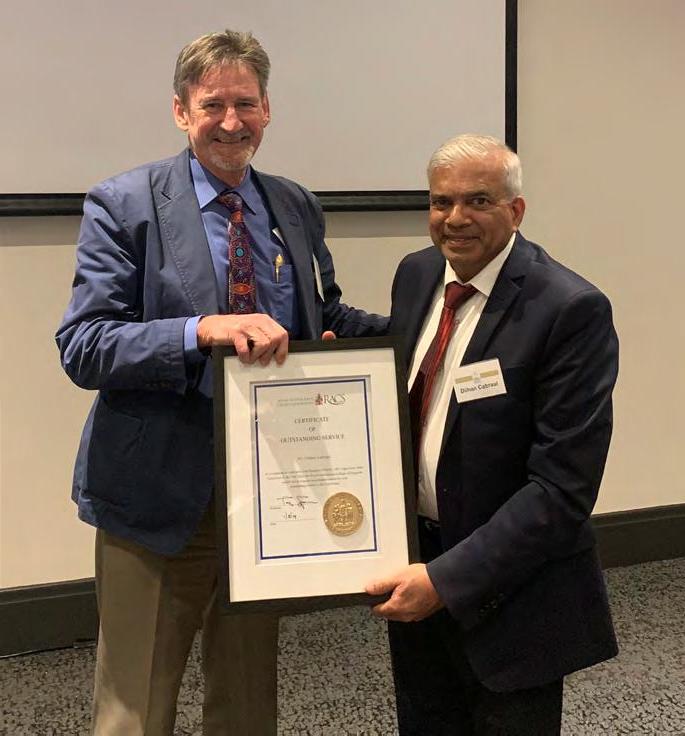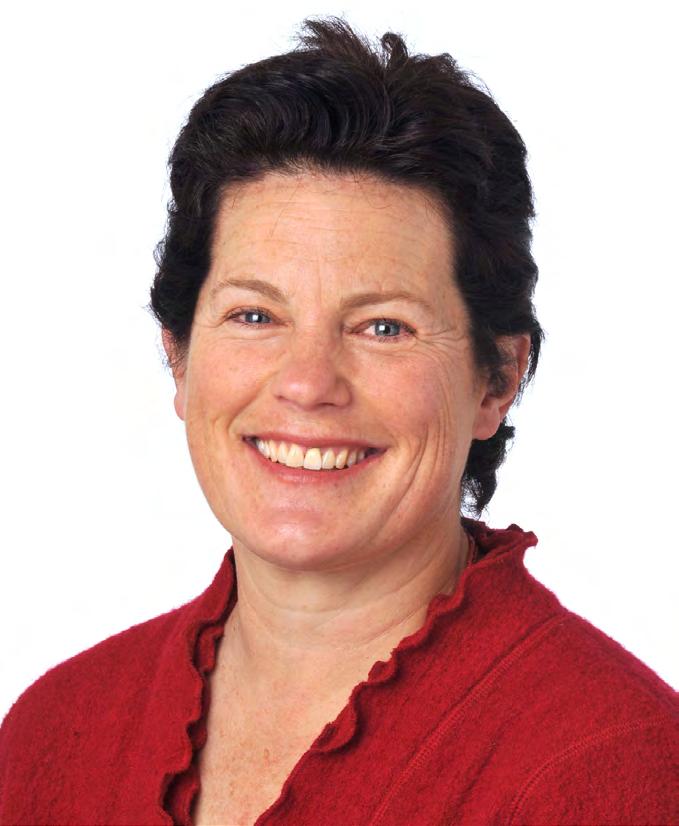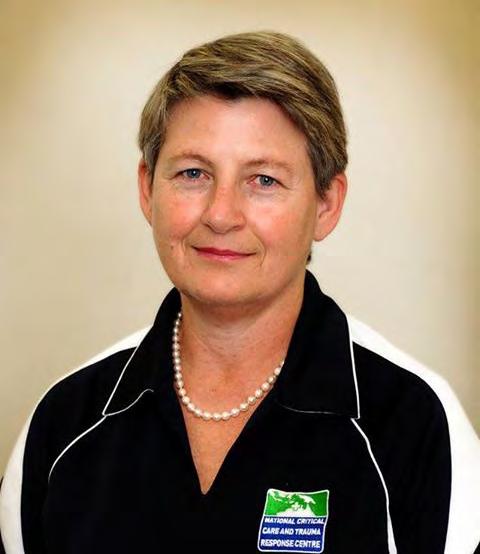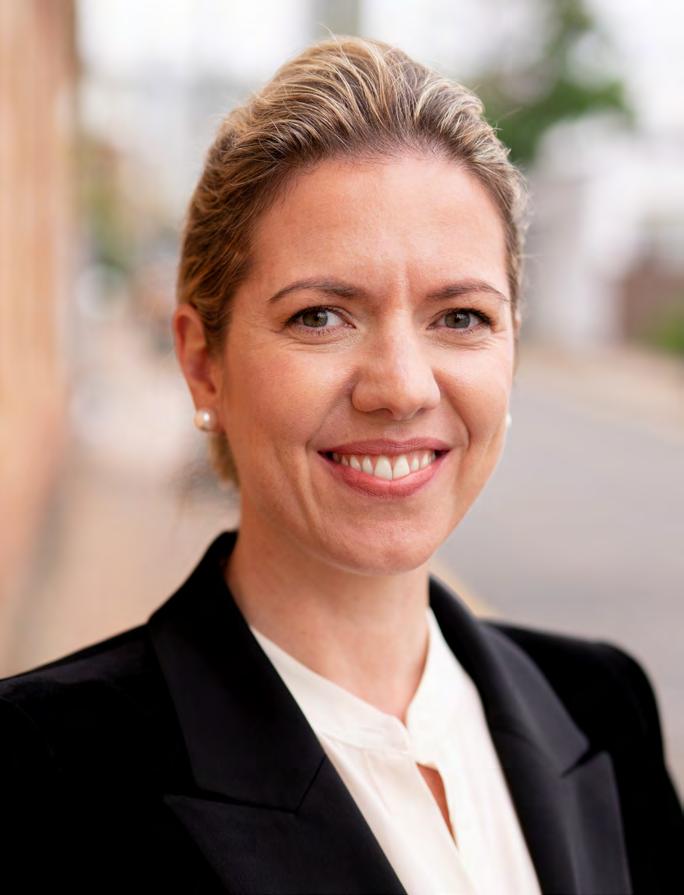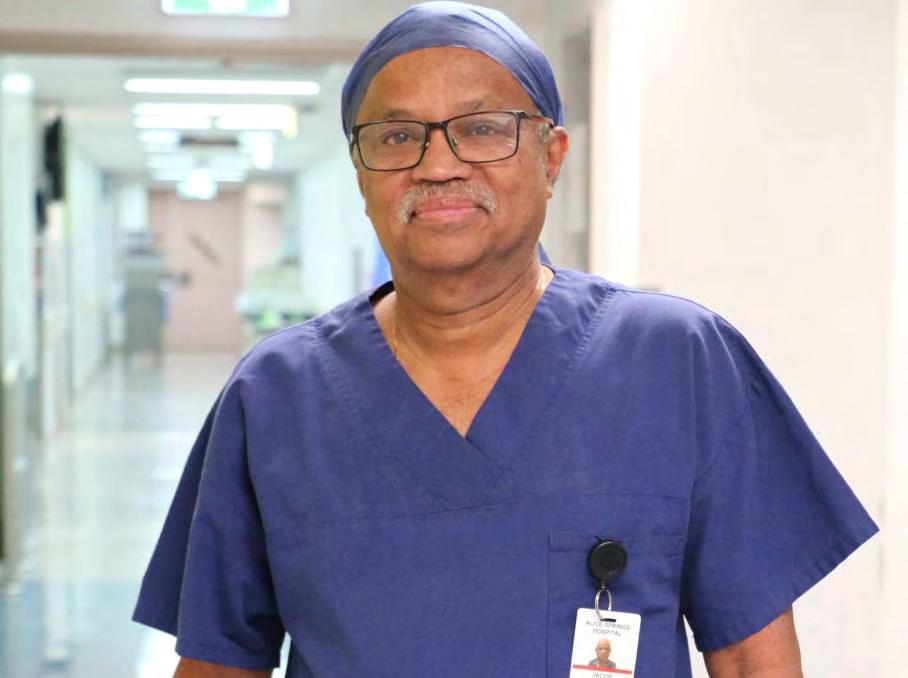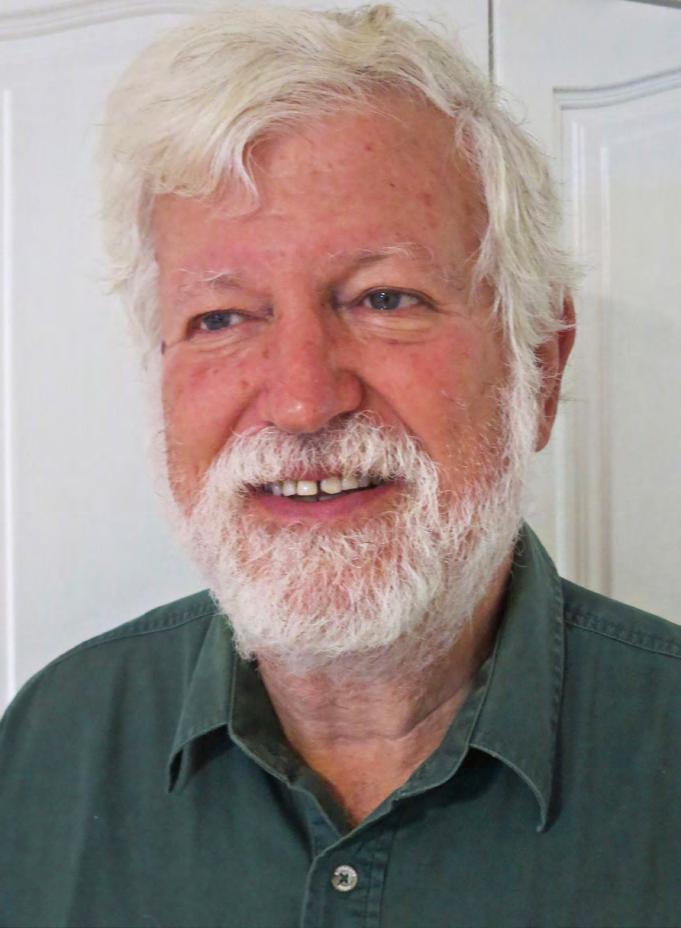46
Trainees
Trainees talk about supervisors
Joseph Xavier, SET 2 in General Surgery
to me, as someone junior, that a senior consultant was still willing to do ‘grunt’ work to ensure the best patient care.
Benjamin Thurston, SET 3 in Vascular Surgery
What makes a good supervisor? I think availability is important to a supervisor so that if you run into trouble you know you can contact them and they will be approachable. A good supervisor must also understand your level of training. You need someone who is invested in you and your training, sits down with you and tells you what they expect, and asks you what you hope to get out of the term. I also think a good supervisor is someone who allows you the opportunity to upskill and gives you autonomy, but is still within reach if you need them. This gives you the opportunity to gain skills in a safe way.
How have your supervisors had an impact on your development and training? I have been really lucky throughout my time as a junior doctor and as a junior SET Trainee to have had some really wonderful supervisors. I remember when, as a Senior Resident Medical Officer (SRMO), I had just failed my primary exam for the first time. An upper GI surgeon who was quite senior sought me out and supported me, even though I wasn’t on his unit at the time. He made it clear that this wasn’t the end of the world and that he was there to help me. He was really encouraging, and he didn’t have to be. I still thank him for his support and his belief in me. When I was on a rural term I had a supervisor who was an incredible role model in how he acted and conducted himself with nursing staff, ancillary staff and medical students. He really considered himself part of the team and would do things to help out and ensure the team functioned well. He even shared the note-writing duties on weekend ward rounds with me. It was a great example
A good supervisor has a focus outside the immediate work, such as research or academia, and shares this with you and gets you involved. What advice would you give other Trainees for working with their supervisors? Planning is the key. Make sure that you start out right: to do this you need to speak to previous registrars and find out what the unit’s expectations are and how the team functions. Set tangible goals for each term and share these with your supervisor so that they know what you are hoping to achieve. The other aspect of planning is before theatre. Be prepared; know the patient, the operation, the potential complications and be able to discuss this with your supervisor. This preparation helps you get the best out of the relationship.
How have your supervisors had an impact on your development and training? I have had three supervisors with quite contrasting approaches to their role – and I have been lucky that each of them has provided me with formative advice and guidance. My standout supervisors have taken the time, not only to guide me in the requirements of training, but also to mentor me in the attributes and qualities that I will require to be a good surgeon. My supervisors have set an inspiring example and have left an impression that will remain with me for many years to come. What makes a good supervisor? I think a good supervisor is someone who takes the time to understand who their Trainee is. This allows them to identify weaknesses and strengths in their Trainee’s experience to date, both to enable the Trainee to maximise their learning within the unit and to maximise the unit’s benefit from the Trainee. Understanding who a Trainee is, both in and out of hospital, allows supervisors to give appropriate guidance and understand the complexities of any issues that may arise. It can also highlight
